
CB refutes claims about money laundering and 'sanctions-busting'
27/7/2002 13:46
The Central Bank of Cyprus refuted on Saturday claims that it was involved in money laundering activities. In reference to an article published in the Financial Times on 25 July 2002, the highest monetary authority of Cyprus stated the following:
The article entitled "Defiant Cyprus bank that helped fund two wars" which appeared in the Financial Times of 25 July portrays the relationship between Yugoslavia and Cyprus during the years when UN sanctions against Yugoslavia were in force in a manner which is at odds with reality.
The Central Bank of Cyprus refutes any claim that knowingly it was involved in sanctions busting and money laundering. Cyprus had scrupulously adhered to the implementation of sanctions against Yugoslavia as contained in the relevant Security Council Resolutions. As a result of this adherence, more that US$400 m. of Yugoslav state funds with banks in Cyprus were subjected to freezing action.
Cyprus's commitment to fight money laundering has been praised and commended by international organisations and fora such as the Council of Europe, the Financial Stability Forum and the Financial Action Task Force which having evaluated from time to time the legislation, regulations and procedures for combating money laundering found them to be thorough, and in line with internationally accepted standards and principles.
The bulk of Yugoslav cash came to Cyprus after the UN sanctions had been withdrawn, i.e. in 1995 and subsequently. For the rest, which involved the period of sanctions, the Central Bank of Cyprus, based on the information available at the time, was satisfied that this money was not used for trade involving Yugoslavia or transfers to personal accounts of Yugoslav officials or arms trading or other transactions prohibited under UN sanctions. Later with the fall of the Milosevic regime and based on the very close cooperation between the Cypriot Authorities with the Prosecutor of the International Criminal Tribunal for the former Yugoslavia and the new government in Belgrade it has been possible to establish that part of the money brought into Cyprus might have been used in ways violating the UN sanctions. It is stressed however that despite the best efforts of the Cypriot Authorities at the time, it would not have been possible to have known of this then.
It is highlighted that according to the Torkildsen report the money coming to Cyprus emanated from Yugoslav customs revenues. It is therefore clear that this money was not generated from criminal activities, and it is out of the question to associate it with money laundering.
The article entitled "Defiant Cyprus bank that helped fund two wars" which appeared in the Financial Times of 25 July portrays the relationship between Yugoslavia and Cyprus during the years when UN sanctions against Yugoslavia were in force in a manner which is at odds with reality.
The Central Bank of Cyprus refutes any claim that knowingly it was involved in sanctions busting and money laundering. Cyprus had scrupulously adhered to the implementation of sanctions against Yugoslavia as contained in the relevant Security Council Resolutions. As a result of this adherence, more that US$400 m. of Yugoslav state funds with banks in Cyprus were subjected to freezing action.
Cyprus's commitment to fight money laundering has been praised and commended by international organisations and fora such as the Council of Europe, the Financial Stability Forum and the Financial Action Task Force which having evaluated from time to time the legislation, regulations and procedures for combating money laundering found them to be thorough, and in line with internationally accepted standards and principles.
The bulk of Yugoslav cash came to Cyprus after the UN sanctions had been withdrawn, i.e. in 1995 and subsequently. For the rest, which involved the period of sanctions, the Central Bank of Cyprus, based on the information available at the time, was satisfied that this money was not used for trade involving Yugoslavia or transfers to personal accounts of Yugoslav officials or arms trading or other transactions prohibited under UN sanctions. Later with the fall of the Milosevic regime and based on the very close cooperation between the Cypriot Authorities with the Prosecutor of the International Criminal Tribunal for the former Yugoslavia and the new government in Belgrade it has been possible to establish that part of the money brought into Cyprus might have been used in ways violating the UN sanctions. It is stressed however that despite the best efforts of the Cypriot Authorities at the time, it would not have been possible to have known of this then.
It is highlighted that according to the Torkildsen report the money coming to Cyprus emanated from Yugoslav customs revenues. It is therefore clear that this money was not generated from criminal activities, and it is out of the question to associate it with money laundering.

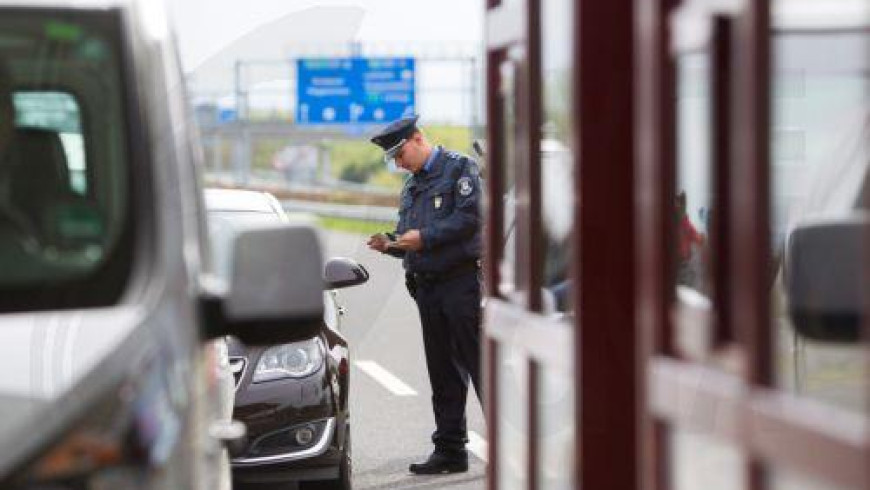
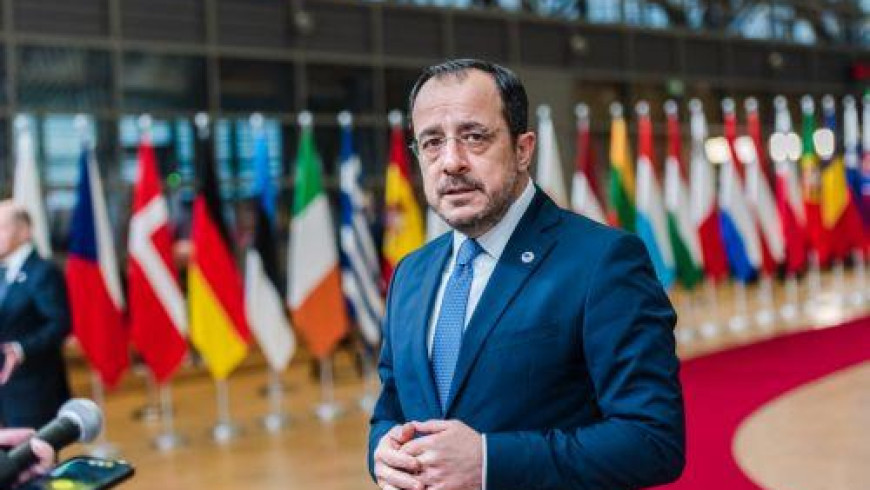
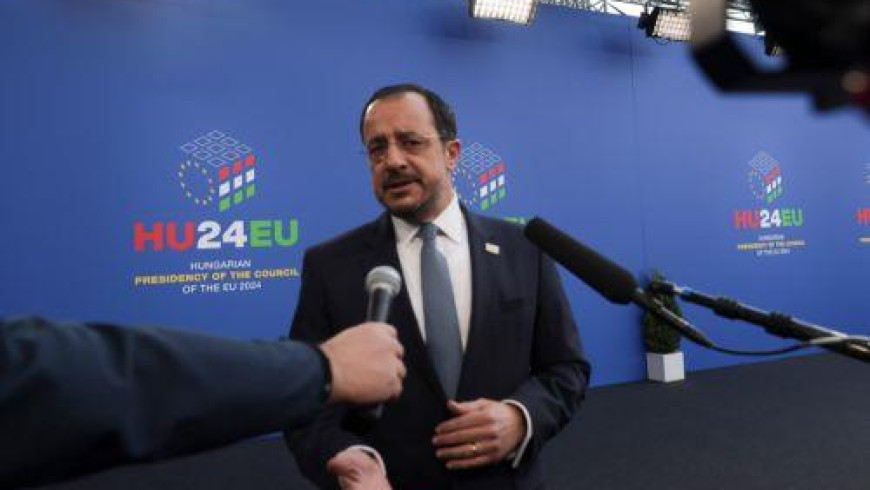
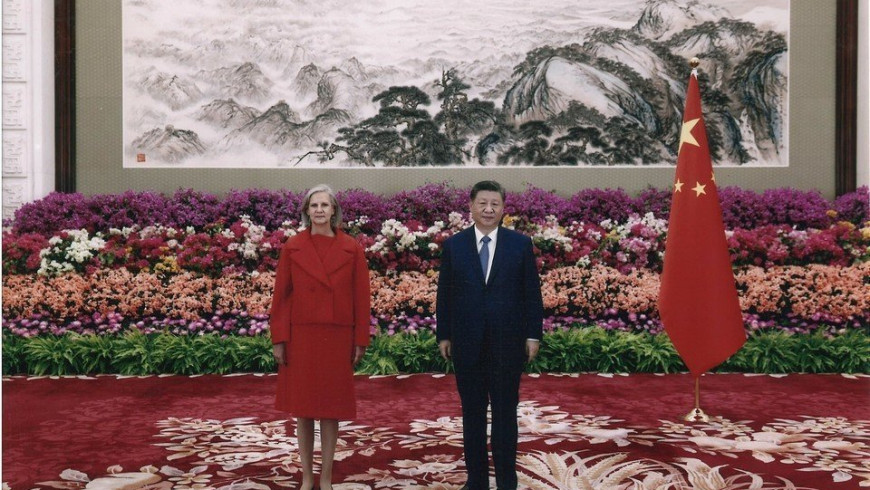
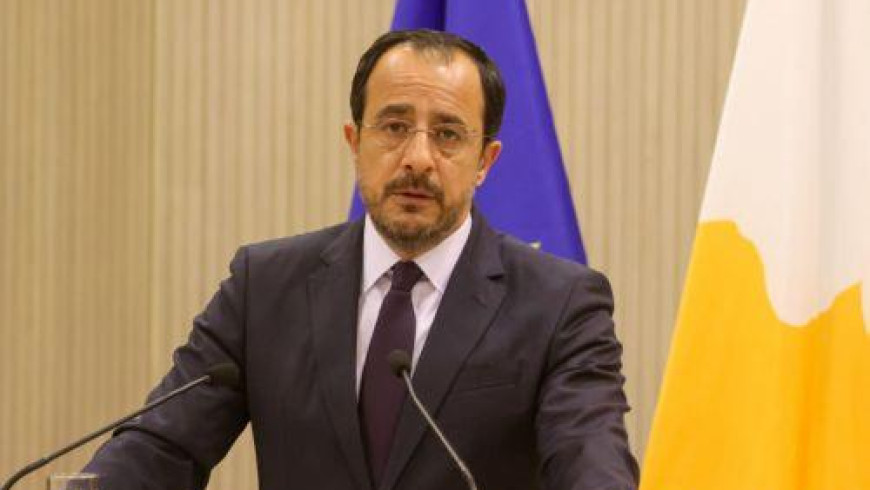
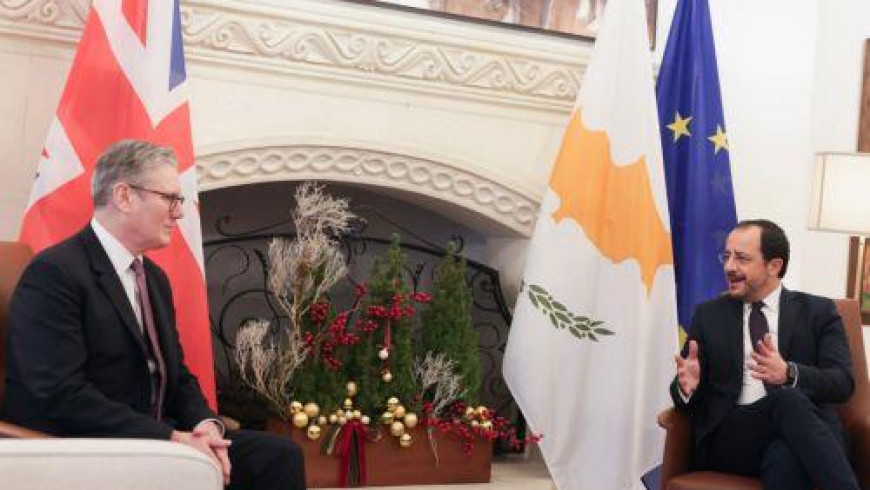
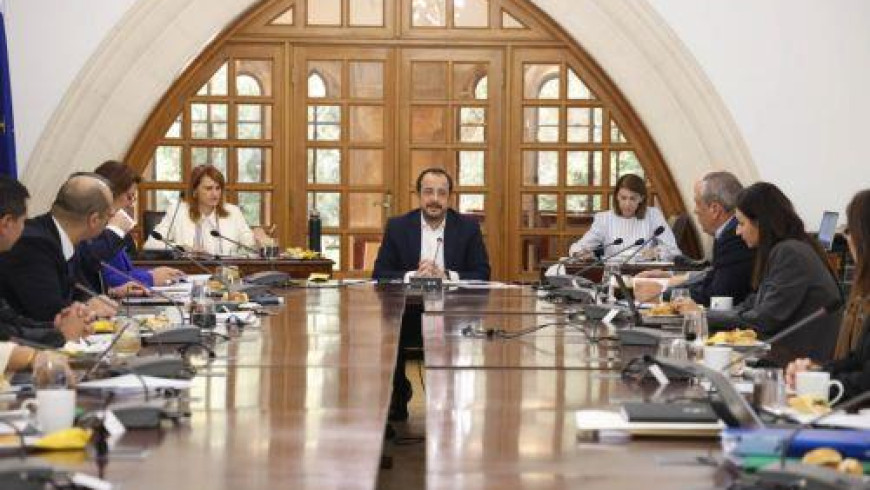
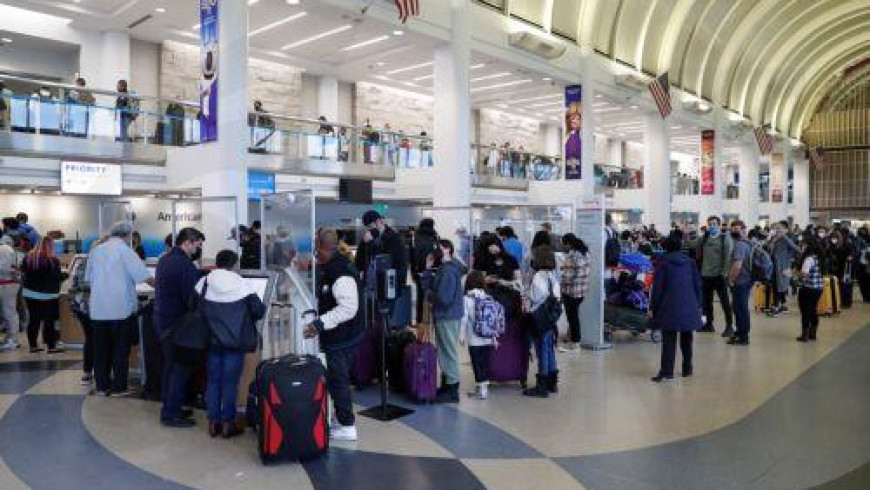





 3287.99
3287.99 1275.09
1275.09
